- Home
- slideshows
- miscellaneous
- The life of Qassem Soleimani, Iran's revered military mastermind who fought the US for years until he was killed in an airstrike
The life of Qassem Soleimani, Iran's revered military mastermind who fought the US for years until he was killed in an airstrike
Soleimani was born on 11 March 1957. At the time, Iran was ruled by a monarchy headed by Shah Mohammad Reza Pahlavi.

He was born in the village of Qanat-Malak in Rabor, Kerman, around 700 miles from the Iranian capital, Tehran. He was born into a humble family of farmers.
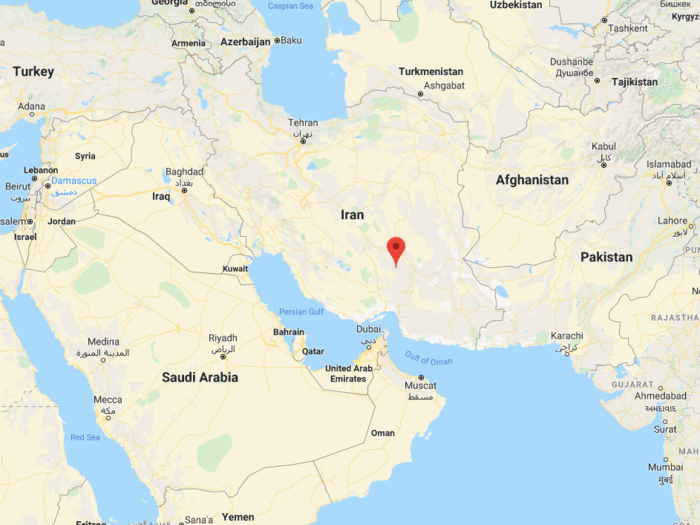
Source: Radio Farda
At age 13 he moved to the city of Kerman in order to work in construction to pay a debt his father owed.
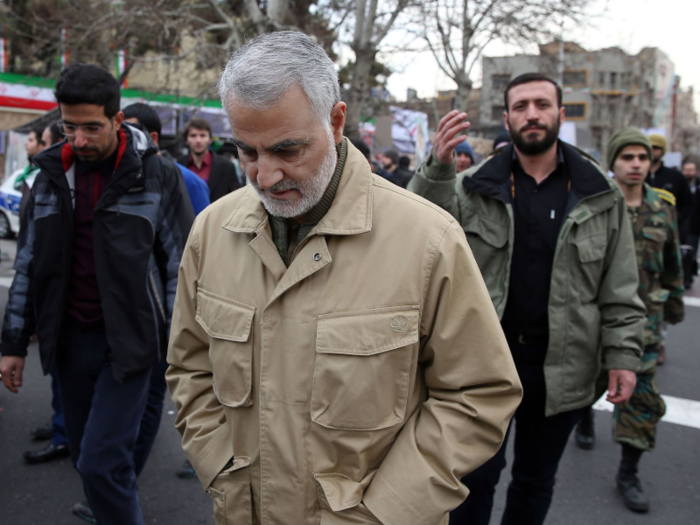
Source: Radio Farda, Al Jazeera
In his free time, Soleimani attended sermons by Ali Khamenei, who went on to become Iran's second and current Supreme Leader. In the lead up to the Iranian revolution of 1979 he also worked to organise demonstrations in opposition to the Shah.
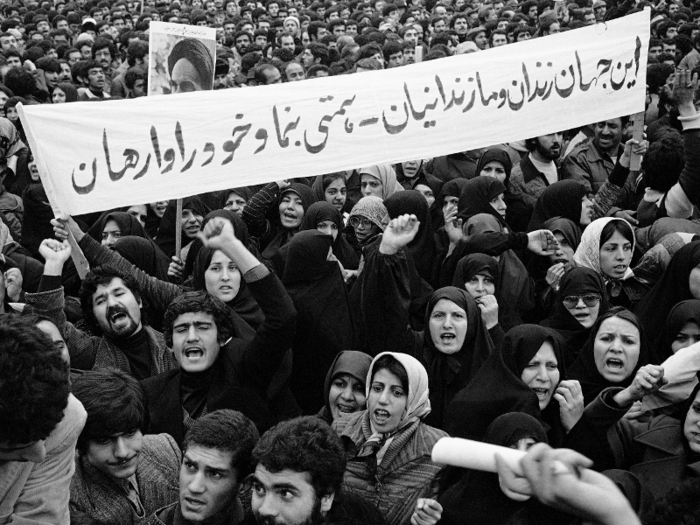
Source: Sky News, Foreign Policy
Following the Iranian revolution which ousted the Shah and established the Islamic Republic of Iran, Soleimani joined the Islamic Revolutionary Guards Corps (IRGC).
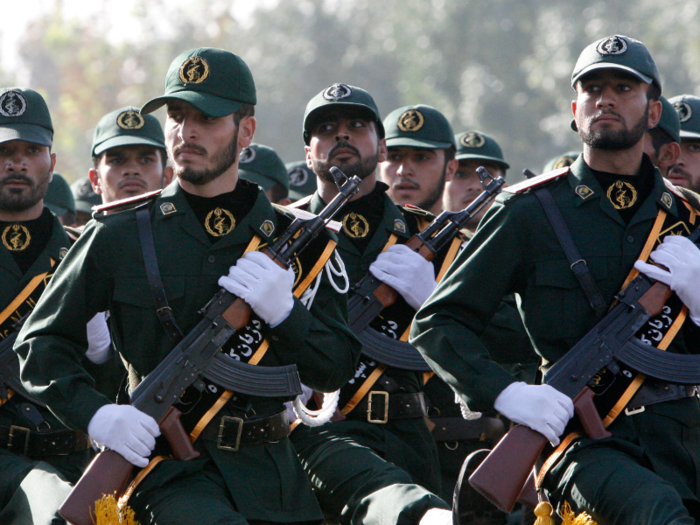
Shortly after he was sent to the front lines in the Iran-Iraq war (1980-1988). He emerged a distinguished figure in the Iranian armed forces after carrying out a series of reconnaissance missions in Iraq.
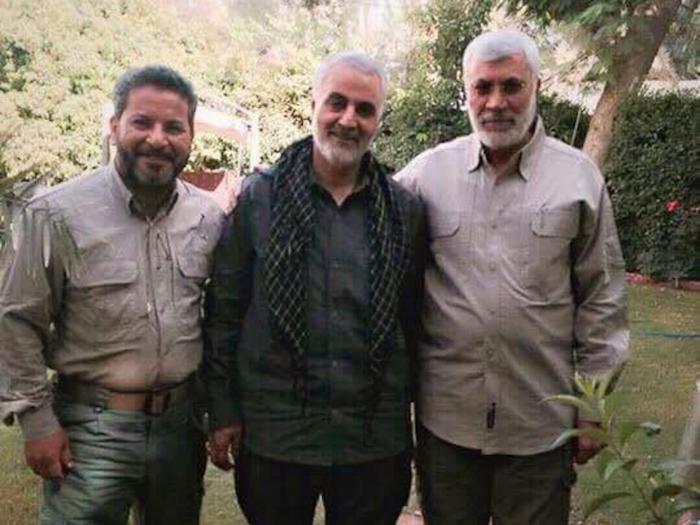
Source: Bloomberg, Al Jazeera , The Guardian
In 1998, Khamenei made Soleimani the head of the Quds Force, a unit within the IRGC which handles Iran's foreign military operations.
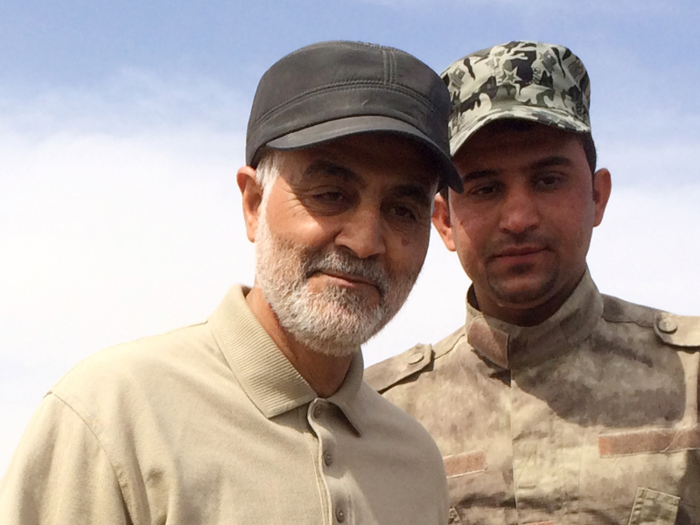
Source: Reuters
He kept a relatively low profile for a while, but in 2005 Soleimani became more prominent in Iraq's Shia political groups, the dominant strand of Islam in the country.
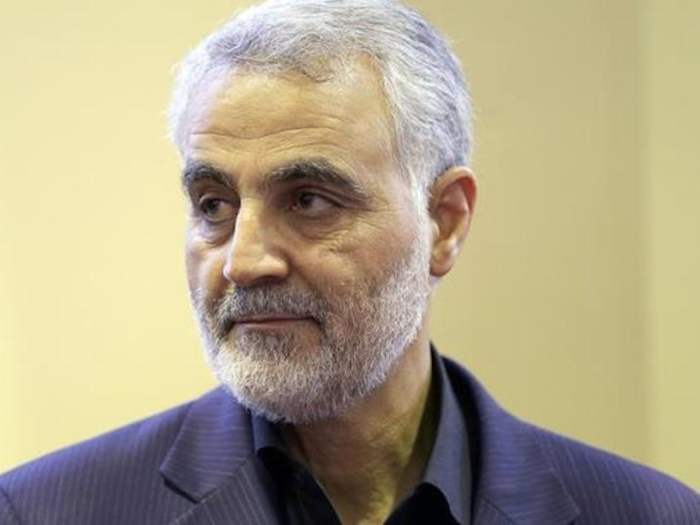
The Quds force was accused of supplying explosive devices to fighters in Iraq in 2007, which were used against American soldiers, according to Sky News.
Source: Sky News, Al Jazeera
In 2010, Soleimani reportedly sent a message to General David Petraeus, who was head of the US forces in Iraq at the time, saying the following: "You should know that I, Qassem Soleimani, control the policy for Iran with respect to Iraq, Lebanon, Gaza, and Afghanistan."
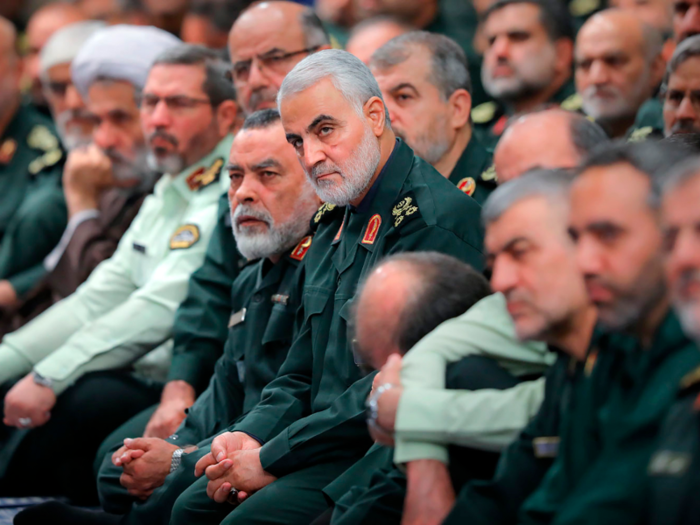
In 2011, as the Syrian civil war broke out Solaimani sent Iranian-backed militias into the country to support President Bashar Assad. Iran became a key ally of Syria through the war under Soleimani's leadership.
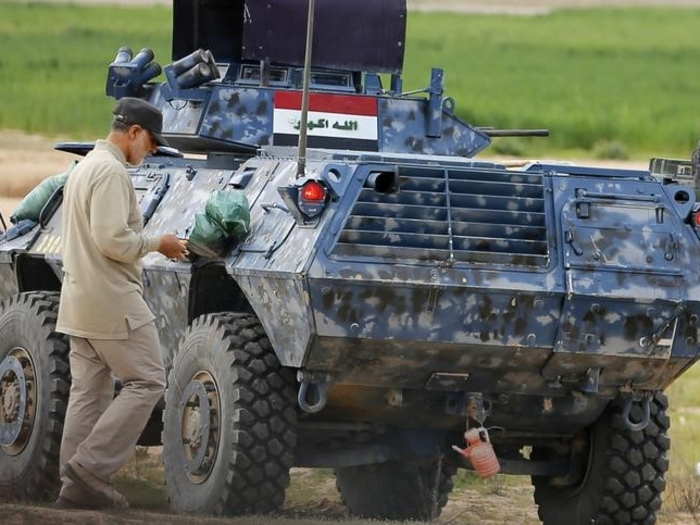
Source: Al Jazeera
He was reportedly involved in drawing up a strategy for Assad to help him with violent crackdowns on opposition groups in Syria, as well as training government allied militias in the country.
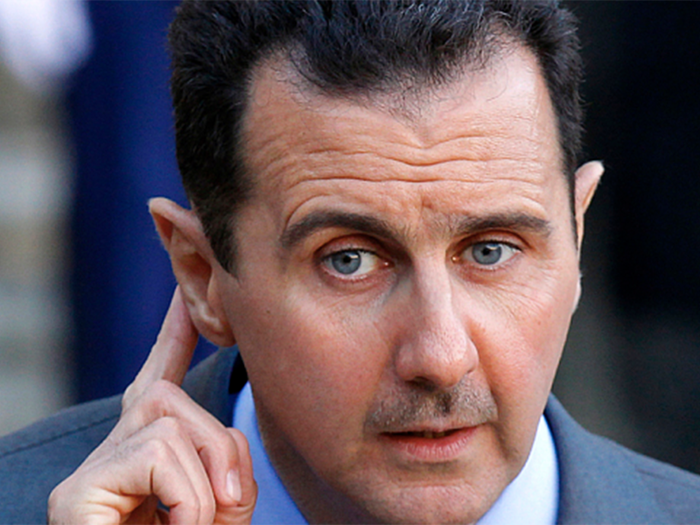
Source: BBC
However it was his prominent role in fighting ISIS in Iraq that led to his wider recognition, and won Soleimani widespread support inside Iran.
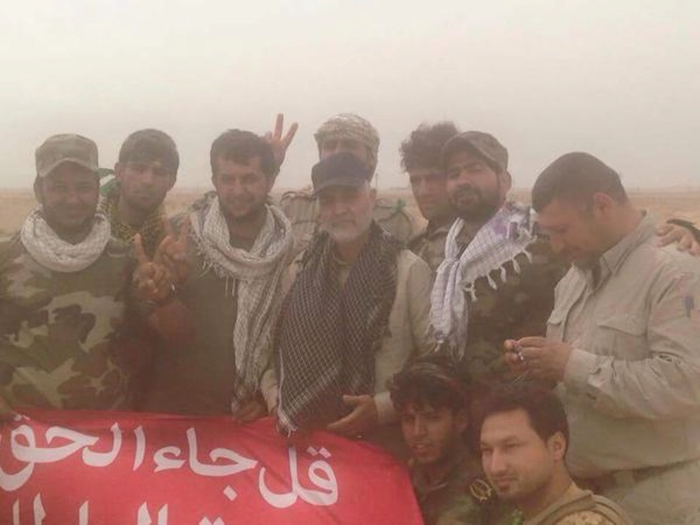
His efforts in fighting the terrorist group were also recognized by western media.
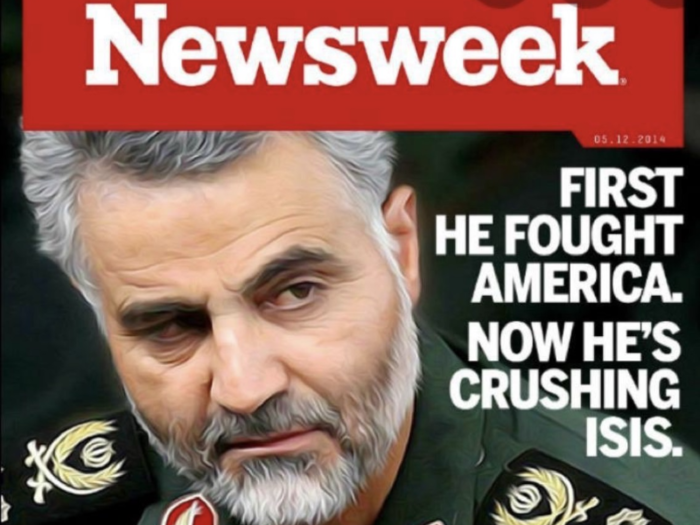
Source: Massoumeh Ebtekar/Twitter
He was a household name, often appearing on television and generally popular among the public. In 2016 a poll showed that 76% of Iranians held a favorable view of him.
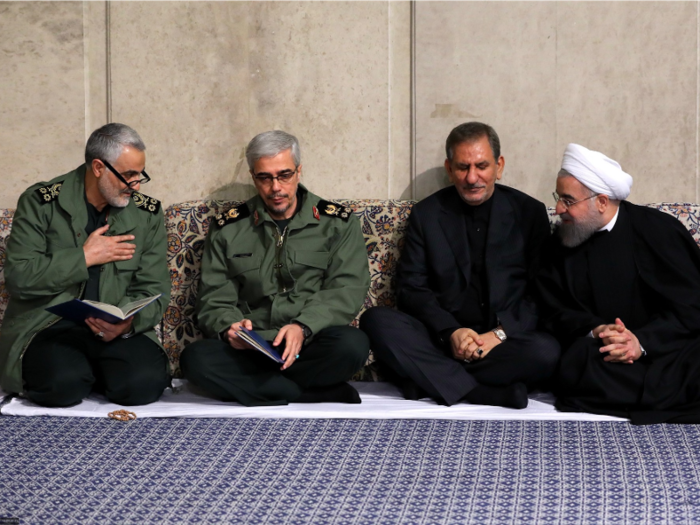
His popularity and renown in Iran would seem alien to most in the West, as he was much more prominent than any modern military leaders in major Western powers.
His fame was more akin to that of US World War II generals like George Patton, and 19th century British military leaders like the Duke of Wellington.
Source: Bloomberg
Shia militia fighters also made a music video about him in which soldiers are pictured painting a graffiti portrait of Soleimani's face on a wall whilst music in the background sings his praises.
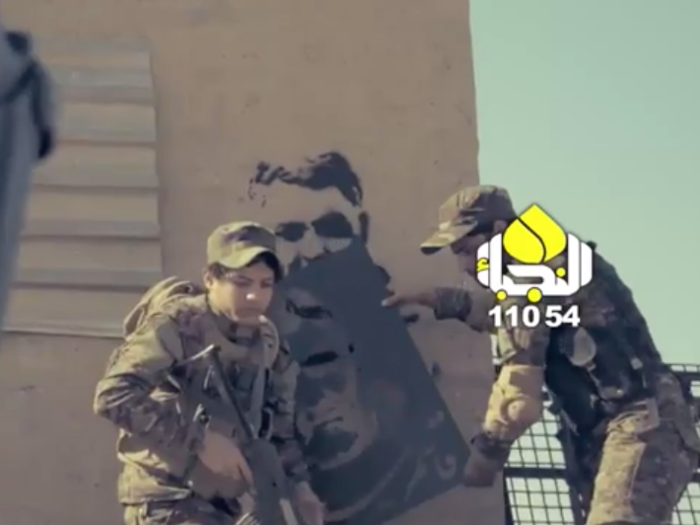
The video is available to watch here.
As might be expected, he was not seen as favorably in the West. The Quds force was declared a terrorist organization in 2007, and Soleimani himself was sanctioned.
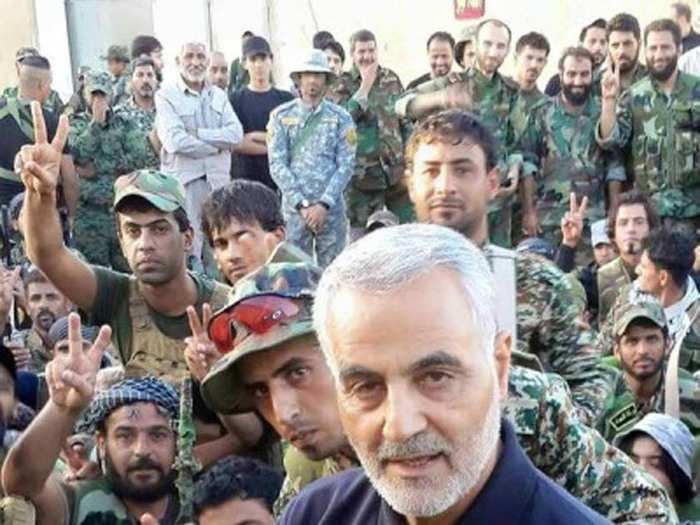
Source: Bloomberg
Rumours around his death circulated several time previously, including in 2006 when a military airplane crashed in northwestern Iran and in 2012 after a bombing in Damascus killed top aides of Assad.
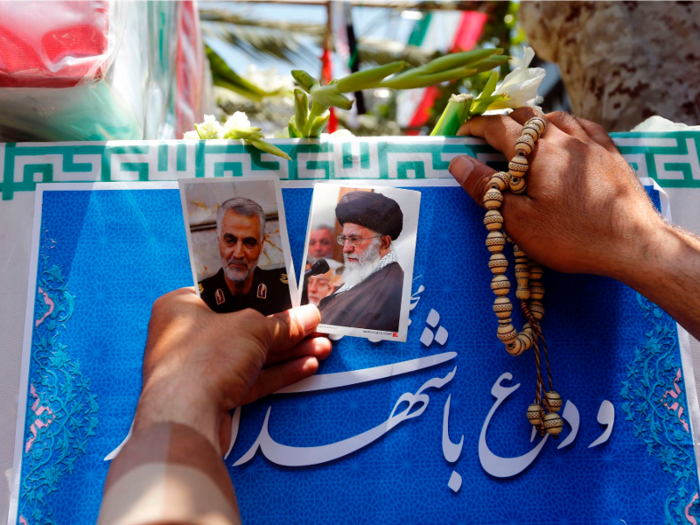
Source: Associated Press
Late on Thursday night, the US military announced Soleimani had died in an airstrike attack on Baghdad airport. The reports were confirmed by Iranian state media.
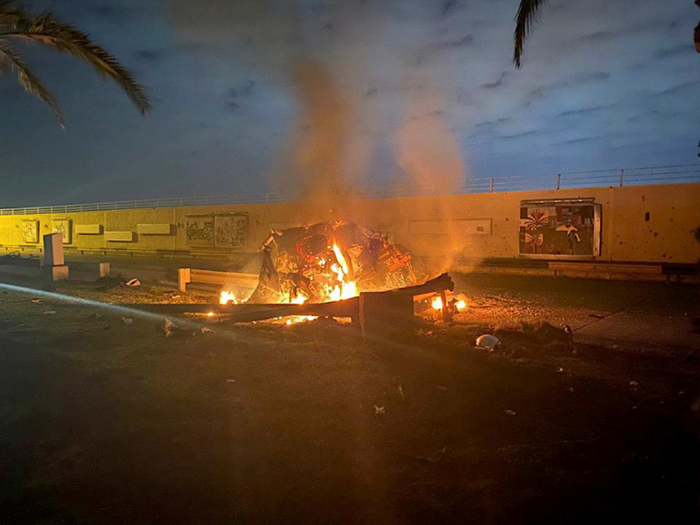
Source: Business Insider, Press TV
Iran's Supreme Leader Ali Khamenei has promised to retaliate following the strike, and said "severe revenge awaits the criminals who have stained their hands with his & other martyrs' blood" — but it remains unclear how Iran plans to carry out its promised revenge.
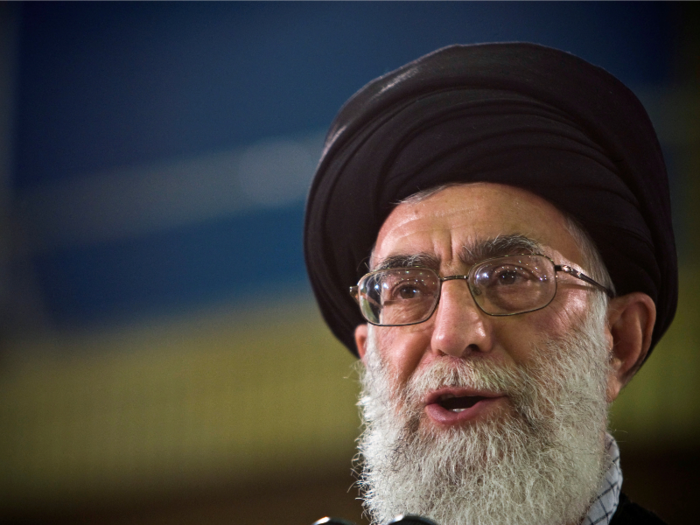
Source: Twitter/Ali Khamenei
Popular Right Now
Advertisement